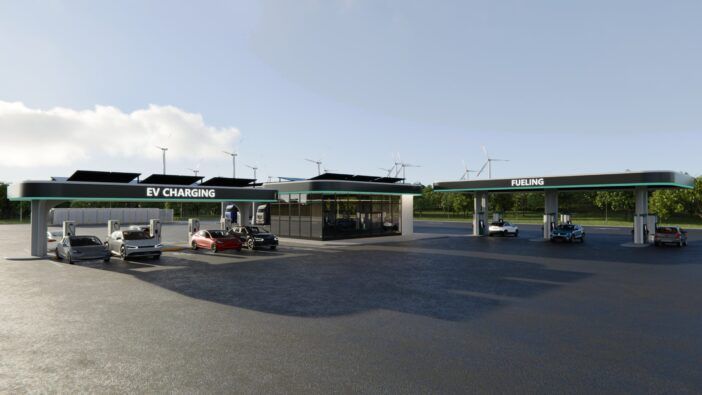Infra
Predicted EV charging infrastructure falls short of 2030 targets – Electric & Hybrid Vehicle Technology International

Key electric vehicle (EV) markets are significantly behind in their public charging infrastructure goals, according to data released on World EV Day. The US, Europe, and the UK are more than six times short of the number of charging points needed to meet projected EV demand by 2030.
In the US, the world’s second-largest EV market, less than 200,000 public charging ports are currently available. To meet growing demand, over one million additional ports will be required by 2030, representing a 550% increase, according to McKinsey. Similarly, Europe needs to increase its charging infrastructure by 5.5 times, from 630,000 to over 3.4 million public charge points to meet European Commission targets. The UK faces a similar challenge, requiring a nearly 350% increase from its current 70,000 charge points to 300,000 by decade’s end.
At present installation rates, these markets are on track to fall short of their 2030 goals. Europe, for instance, is installing new charge points at only one-third the rate necessary to meet its targets.
“At current installation rates, key global EV markets won’t meet the public charging infrastructure needed to meet growing EV demand,” said Om Shankar, vice president and general manager of Konect, an EV charging company established by Gilbarco Veeder-Root. “We know that most EV drivers currently plug in at home, but there’s a second cohort of buyers, beyond the early adopters, that don’t have the same facilities.”
Shankar emphasized the need for strategic placement of new charge points, suggesting that existing fuel retailers are well-positioned to address this gap due to their optimal locations and amenities. “As EV technology improves, costs go down and range goes up – more people will make the switch,” he said. “We must match this progress with the right amount of readily available public charging.”
The data underscores the urgent need for accelerated investment and installation of public EV charging infrastructure to support the ongoing transition to EVs and meet governmental regulations aimed at reducing carbon emissions in the transportation sector.









